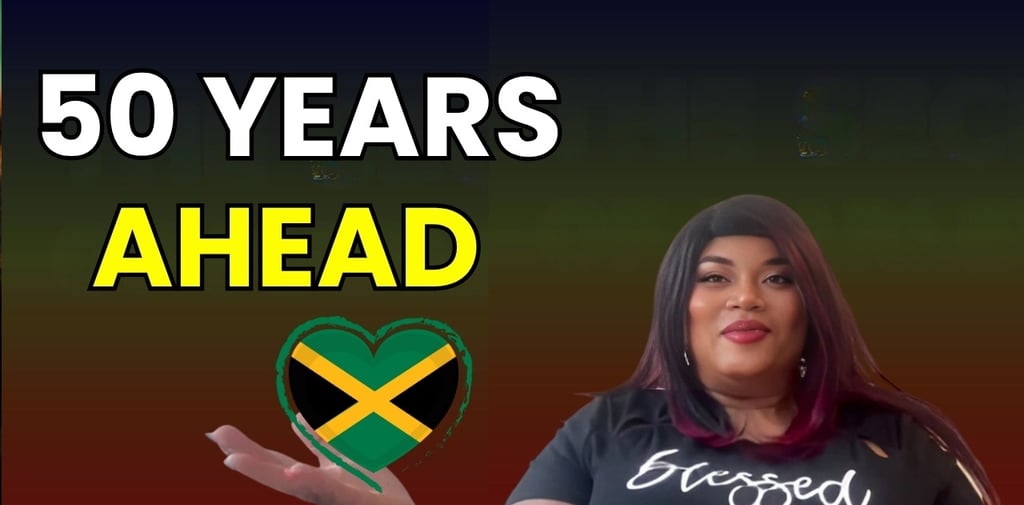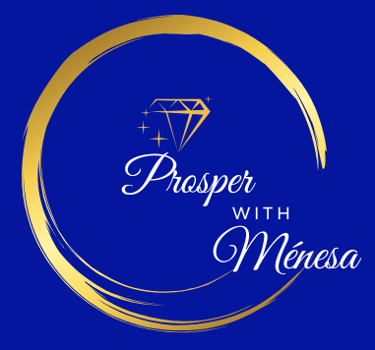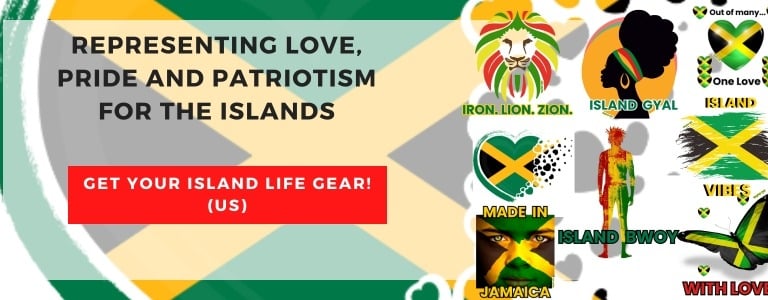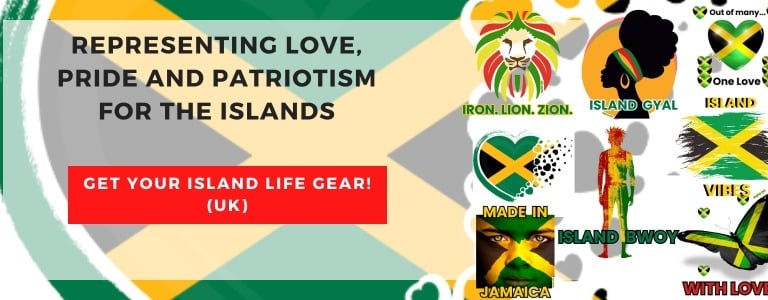Download your FREE 'Calm During Chaos' Digital Strategist
5 Ways Jamaica Was 50 Years Ahead Of The World | Jamaica Facts And Information
Discover 5 Ways Jamaica Was 50 Years Ahead of the World! 🇯🇲 From groundbreaking achievements and hidden history to cultural influence and global impact, this video explores fascinating Jamaica facts and information that shaped the world long before many realized. Learn about Jamaica’s rich history, surprising innovations, and amazing contributions that prove this small island has always been a global leader. Perfect for anyone interested in Jamaican history, independence, and incredible facts about Jamaica’s achievements and legacy.
ISLAND LIFE & CARIBBEAN CULTURE
Ménesa
11/16/20254 min read


Today we're counting down five historical innovations that prove Jamaica was, in many ways, well ahead of the curve. This is the story of how Jamaica—sometimes by accident and sometimes with fierce intention—changed the world.
1. The Jamaican Dollar — A Declaration of Independence
Our first point isn’t just about money. It’s about identity.
In 1962, Jamaica gained independence from Great Britain—a monumental step. But for years, a symbol of colonial rule remained in everyone’s pockets: the British pound.
While many newly independent nations clung to the currencies of their former rulers for stability, Jamaica made a bold move. On September 8th, 1969—Changeover Day—the Jamaican dollar was born.
This wasn’t a simple rebrand; it was a psychological and economic break from the past.
The Bank of Jamaica, established even before independence, gained full authority to issue the new currency. Gone were the portraits of distant monarchs. In their place: Jamaica’s own heroes—faces that reflected the nation’s fight for freedom.
While some larger countries were still struggling to modernize their currency systems, Jamaica stepped confidently into self-determination. Today, the dollar still stands as a powerful symbol of that bold decision—a reminder that true independence is something you mint for yourself.
2. Honoring the Resistance — Redefining National Heroes
What does a national hero look like?
For many countries, the answer used to be kings, queens, and empire-builders. But in 1969—the same year Jamaica introduced its own dollar—the government formalized a new system for declaring national heroes. And the choices were revolutionary.
Marcus Garvey. Paul Bogle. George William Gordon. Sam Sharpe. And Nanny of the Maroons.
These were not monarchs. Not colonizers. Not empire-makers.
They were freedom fighters, visionaries, rebels, and spiritual leaders.
At a time when many countries still branded resistance leaders as “troublemakers,” Jamaica chose to honor them at the highest national level. It was a bold rewriting of what heroism truly meant.
This recognition inspired other post-colonial nations to embrace their own histories of resistance. Jamaica showed the world that strength comes not from hiding painful truths but from honoring those who fought to change them.
3. Women in Power — The Legacy of Nanny of the Maroons
Long before global feminist waves began reshaping societies, Jamaica already had a blueprint for female leadership.
Nanny of the Maroons, Jamaica’s only female national hero, was a military strategist and spiritual leader in the 18th century. While women across Europe and the Americas were denied basic rights, Nanny was leading communities, outsmarting British forces, and negotiating treaties that protected her people.
Her legacy shaped a cultural respect for strong women, one that continues today. When Portia Simpson Miller became Jamaica’s first female Prime Minister in 2006, it wasn’t an anomaly—it was part of a long cultural lineage.
Jamaica’s history reminds the world that women's leadership didn’t start with modern movements. It has always been there, written into the nation’s foundation.
4. The Power of Patwa — Honoring a Nation’s True Voice
For most of history, global societies pushed a “proper” language for government, education, and media. Local dialects were dismissed as broken or inferior.
Jamaica changed that.
Jamaican Patwa—born from English, West African languages, and the lived experiences of enslaved Africans—became a language of strength, identity, and art.
Louise “Miss Lou” Bennett-Coverley championed Patwa long before linguists recognized its value. Through radio, poetry, and performance, she validated the everyday speech of the Jamaican people.
This cultural embrace paved the way for reggae, dancehall, and Jamaica’s global cultural influence. When Bob Marley sang, he wasn’t just sharing music—he was sharing a language and a worldview.
Jamaica proved that a nation's true voice isn’t found in formal documents, but in the rhythm and soul of its people.
5. Anansi Stories — The Ancient Technology of Oral History
Before files, databases, and digital archives, there was oral storytelling—the original information network.
In Jamaica, the Anansi stories—brought from West Africa—carried coded lessons of survival, strategy, and resistance. Enslaved Africans used these tales to preserve identity, strengthen community, and pass down knowledge the oppressors could not erase.
While Western cultures centered written records, Jamaica honored oral knowledge as a living, breathing archive.
This tradition continues today in music, family proverbs, street storytelling, and the lyrical sharpness of dancehall artists. It’s proof that history isn’t only written—it’s spoken, sung, remembered, and lived.
So what does it all add up to?
The Jamaican dollar.
The celebration of rebel heroes.
A legacy of female power.
The validation of Patwa.
The preservation of oral storytelling.
These aren’t random facts—they’re threads woven into a much larger tapestry. A story of a nation that consistently chose its own path, long before the rest of the world understood the vision.
Jamaica’s influence isn’t just musical or athletic. It sits at the heart of modern ideas about independence, identity, and resilience.
This small island has always been a quiet powerhouse.
A place that never asked permission to be itself.
And in doing so, it has shown the world what’s possible.
What did we miss?
Which Jamaican innovations do you think were ahead of their time? Share your thoughts—I read every single one. Don't forget to get your FREE ebook and checklist below.
Thanks for reading.

LINKS
Connect & CONNECT
© 2026. All rights reserved. Prosper with Ménesa
Returns & Refund Policy
Island Life Merch Shop US Branch
Island Life Merch Shop UK Branch
SUBSCRIBE TO OUR NEWSLETTER
Subscribe for weekly episodes




